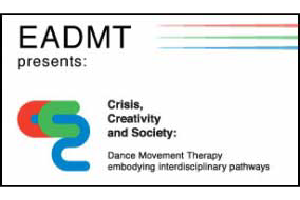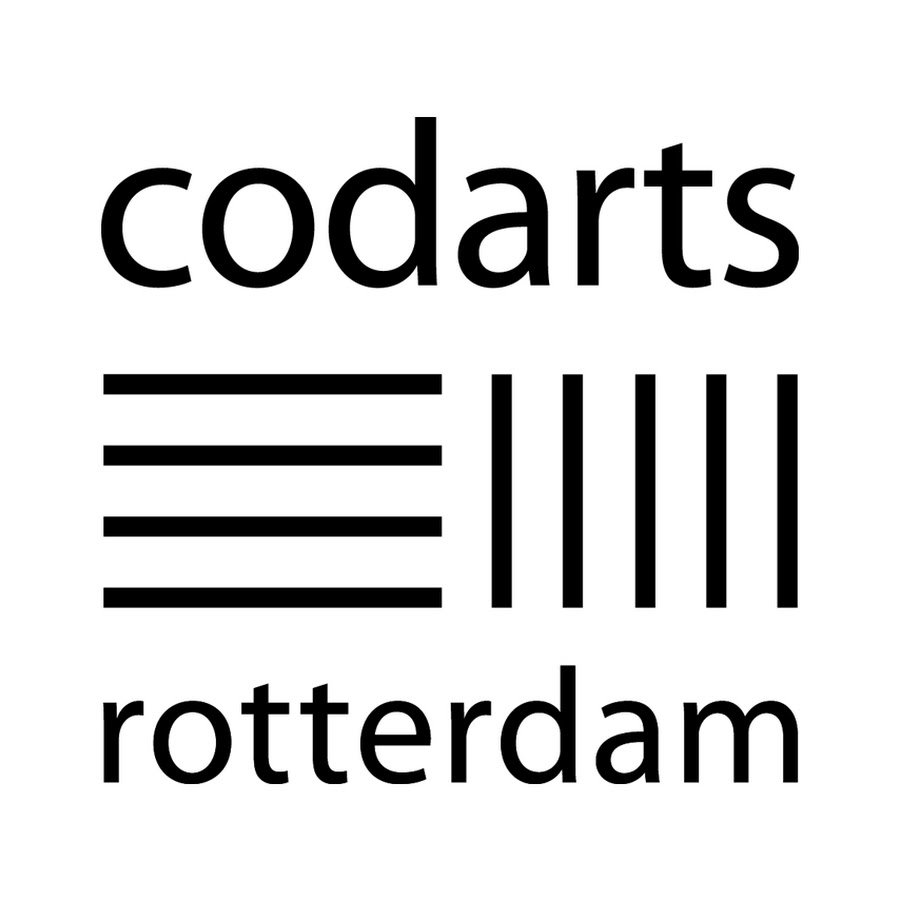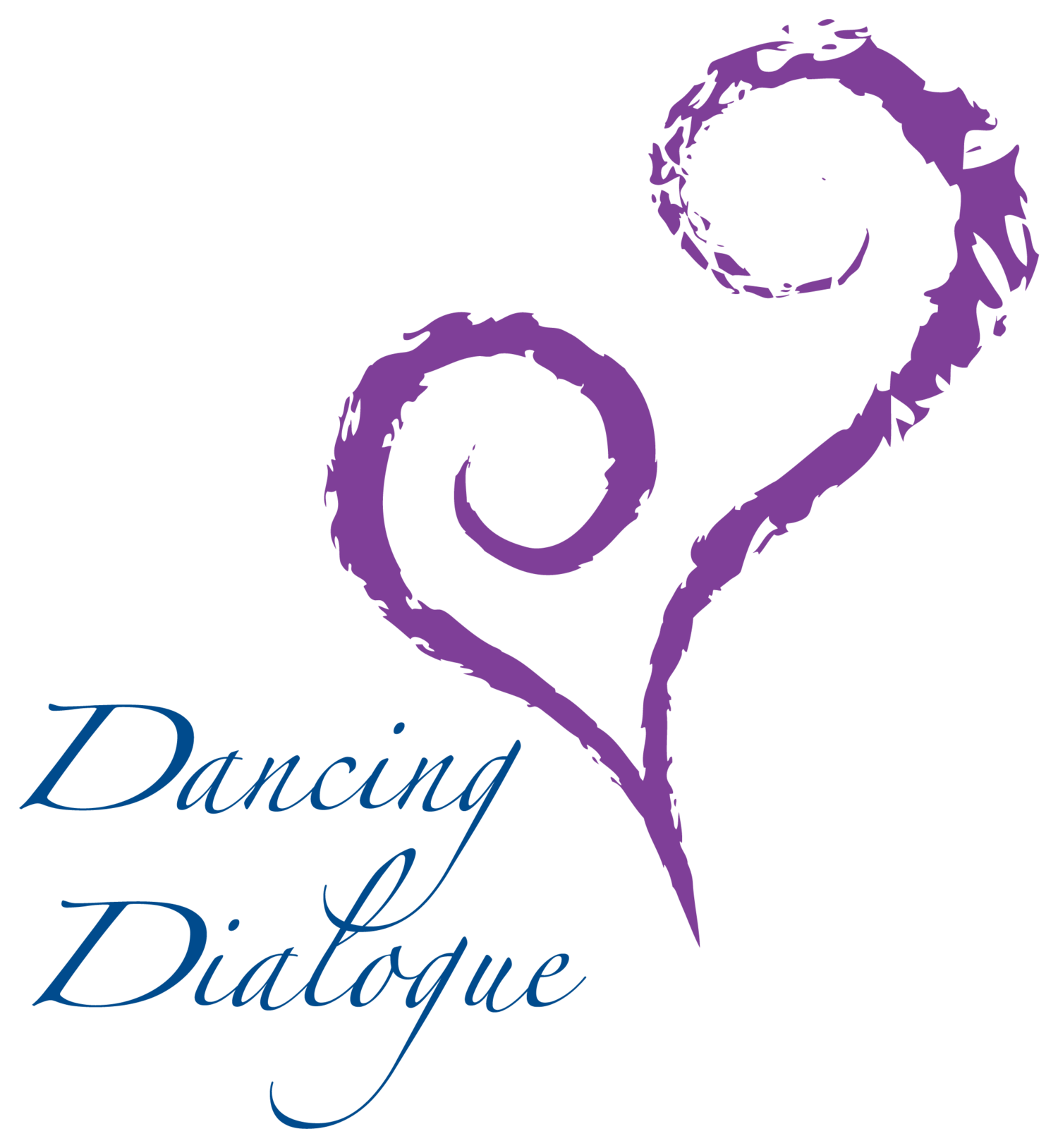
Cyprus International Conference on Autism Treatment & Research | Shall We Dance? Using Creative Arts Therapies to Promote Play, Social-relatedness and Self-Expression in ASD (Paphos, Cyprus)
Shall We Dance? Using Creative Arts Therapies to Promote Play, Social-relatedness and Self-Expression in Autism Spectrum Disorder
Monday, November 21, 2016
Location:
Coral Beach Hotel & Resort
Paphos, Cyprus
About the Instructor
Suzi Tortora, EdD, BC-DMT, CMA, LCAT, LMHC has a full-time private practice in Cold Spring, New York and NYC, specializing in parent- infant/child and family therapy; trauma; medical illness; and adult chronic pain. She is the International Medical Creative Arts Spokesperson for the Andréa Rizzo Foundation, having created and continuing to be the senior dance/movement therapist for pediatric patients at Integrative Medicine Service, Memorial Sloan-Kettering Cancer Center, NYC, since 2003. She received the 2010 Marian Chace Distinguished Dance Therapist award from the ADTA. She teaches in Europe, South America, New Zealand, Israel and Asia; holds faculty positions in the USA, The Netherlands, Chech Republic, Argentina and China; offers the Ways of Seeing International Webinar Training Program for dance/movement therapists and allied professionals; has published numerous papers about her work; and her book, The Dancing Dialogue: Using the communicative power of movement with young children is used extensively in dance/movement therapy training programs internationally.
Registration:
https://autism360cy.com/?page_id=6

1st Annual Cyprus International Conference on Autism Treatment and Research (Paphos, Cyprus)
"Magic Always Happens" through our interdisciplinary approach to autism!
Dr. Suzi Tortora will be one of the featured speakers at this conference.
Our conference has a true "360 degrees" approach and it aims to bring together experts and luminaries from transdisciplinary scientific research, as well as from applied fields including academicians, psychologists, physicians, geneticists, speech therapists, civil engineers, architects, economists, law, technology, and other subject matter experts. Together, we shall all discuss best practices and suggest ideal ways of working with, treating, educating, building for, and sustaining quality centers for autism excellence. Actions need to follow words if we are to render effective and efficient solutions, thus, allowing all people on the spectrum to enjoy a better quality of life and a brighter future.
Our conference will integrate plenary sessions, workgroups, and poster sessions. Following the conclusion of the conference works an expert think tank will offer specific feedback and consultation (on 23 November; by invitation only).
51st ADTA Annual Conference | Still Dancing: The Evolution of Dance from Creative Process to DMT to Embodied Self Care 2016 (Washington, DC)
Workshop: Still Dancing: The Evolution of Dance from Creative Process to DMT to Embodied Self Care 2016
Taught by Nancy Beardall, Amber Elizabeth Gray, Suzi Tortora

2nd EADMT Conference Crisis, Creativity and Society | Dance Movement Therapy embodying interdisciplinary pathways (Milano, Italy)
Dance Movement Therapy embodying interdisciplinary pathways
Suzi Tortora and Jennifer Whitley
Mother-Son transgenerational transmission of eating issues using a co-treatment DMP method.
September 10, 2016

Codart University for the Arts | Masters in Dance Therapy (Rotterdam, Netherlands)
Families in Motion: The Dancing Dialogue- Using the Power of Movement to Support Communication and Attachment with Infants, Young Children, and Families using Ways of Seeing”, at Codart University for the Arts, Masters in Dance Therapy. Director: Nicki Wentholt. Rotterdam, Netherlands.
Dance/Movement Psychotherapy with Infants, Young Children and Their Families | Introduction to the Ways of Seeing Program (Prague, Czech Republic)
Level 1 – Introduction to the Ways of Seeing Program (2 days)
Chronic Pain in Adults (1 day)
Director: Iveta Koblic Zedkova
World Congress of the WAIMH (World Association for Infant Mental Health) (Prague, Czech Republic)
2 lectures
Lullaby circles of connection:The cross-cultural thread in soothing and engaging parenting styles through nonverbal interaction using rhythm, song, and dance
Date: Tuesday May 31
Time: 4:00 - 4:45 PMPresidential symposium: Building Empathy Beyond Barriers & Borders: Infant Mental Health Professionals’ Role in the Israeli -Palestinian Conflict
Dr. Miri Keren, Dr Ghassan Abdallah, Dr Suzi Tortora
Date: June 2, 2016
Time: 10:45 AM - 12:15 PM
Beijing Apollo Educational Consultant LLP (Beijing, China)
March 14 – 15 : Therapy Group
March 16 – 19: Ways of Seeing, Level 1
March 20 – 23: Ways of Seeing, Level 2
March 16 – 23: Embodied Parenting (2x/day 1 hour sessions)
March 24: Supervision
Director: Smile Li
Thinking (and Moving) Outside the Box |Combining Psychoanalytic Therapy and Dance/Movement Therapy (New York, NY)
Combining Psychoanalytic Therapy and Dance/Movement Therapy
Open to all • No advanced registration required
Presented by Larry Sandberg, M.D • Suzi Tortora, Ed.D., LCAT
The central importance of the body in mental life is supported by a growing research literature in affective neuroscience that elucidates the primarily embodied nature of emotional experience and thought. Psychoanalysts have become increasingly attuned to somatic experiences and nonverbal modes of communication in the analytic situation where relative immobility is an important parameter. The frame is intentionally altered in Dance/Movement Therapy where attunement to bodily experience is a catalyst for a deepening exploration of psychic experience. We present clinical material combining psychoanalytic psychotherapy and Dance/Movement Therapy to illustrate the potential synergy of these modalities for certain patients. Clinical and theoretical implications regarding containment and free association are discussed.
Larry Sandberg is Clinical Associate Professor of Psychiatry at Weill Cornell Medical Center and co-chair of the fourth year theory course in contemporary ideas in psychoanalysis at the Columbia Psychoanalytic Center. He is co-author of Psychotherapy and Medication: The Challenge of Integration.
Suzi Tortora has a dance/movement therapy practice in New York City and Cold Spring, New York. Dr. Tortora has published numerous papers about her therapeutic and nonverbal communication analysis work and a book titled The Dancing Dialogue.
This activity has been planned and implemented in accordance with the Essential Areas and Policies of the Accreditation Council for Continuing Medical Education (ACCME) through the joint sponsorship of the American Psychoanalytic Association and the Association for Psychoanalytic Medicine. The American Psychoanalytic Association is accredited by the ACCME to provide continuing medical education for physicians.
The American Psychoanalytic Association designates this Live Activity for a maximum of 2 AMA PRA Category 1 Credit(s). Physicians should claim only the credit commensurate with the extent of their participation in the activity.
IMPORTANT DISCLOSURE INFORMATION FOR ALL LEARNERS: None of the planners and presenters of this CME program have any relevant financial information to disclose.
After the lecture, participants should be able to:
- Recognize clinical situations where “the talking cure” may be advanced by the introduction of body-based therapies.
- Reevaluate the conventional meanings of the terms “containment” and “free-association."
For CME questions please visit the website or contact George Sagi 212-678-1188.
Questions about the program can be addressed to:
Hillery Bosworth, MD • Chair, Program Committee Email Hillery Bosworth
80 Fifth Avenue #1001, New York, New York 10011 • (212) 604-9355
Edith Cooper, PhD • APM President - Juliette Meyer, PhD • APM Secretary
Dance/Movement Psychotherapy with Infants and Children (New York, NY)
Sensitize yourself to the ways young children learn and express themselves through their movement and senses.
2 Sessions

Healing Unexplainable Pain: Translating developmental neuroscience into multimodal treatments for chronic pain (New York, NY)
In January 2015, we gathered an international group of developmental neuroscientists and clinical researchers in a symposium that bridged the communication gap between new neurobiological insights on psychosomatic distress and novel treatment approaches for these difficult to treat conditions. Responding to the great interest generated by that meeting, we are glad to present the 2nd Columbia Psychosomatics Conference.
This year, we bring a new two-day program that will focus on the recent insights into treatment of patients with chronic pain who are often misdiagnosed and suffer for years without effective alleviation of pain, which significantly impairs their lives. Somatoform pain, fibromyalgia, "idiopathic" or "medically unexplained" pain are some of the many terms that describe chronic pain - a disorder, recent research suggests, which stems from malfunctioning of the central nervous system.
Developmental neuroscience research point to a crucial role of early interpersonal experience in the development of the brain and its capacities to regulate emotions, pain, immune, and all other body systems, leading to a long-term impact on health and disease throughout a person's life. Early emotional distress and a non-optimal interpersonal environment may have detrimental neuroimmune effects on life-long development. These effects can, however, be reversed to a large extent by engaging neuroplasticity - a change elicited by new experience and aided by pharmacologic treatments. While most current treatments are focused on modulating the interaction between emotions and somatic experiences through verbal interventions (e.g., talk psychotherapy), early learning, emotional experience, interpersonal communication, and interaction of with the external and inner world of a person are multimodal. That is, preverbal multisensory, cognitive, and emotional functions play an important role in our functioning and distress regulation. Cutting-edge psychosomatic treatment programs around the world engage all these systems in multimodal treatment programs that include talk-, music-, art-, body-, dance/movement-, physical-, individual and group psychotherapies combined with pharmacotherapy.
International group of leading psychosomatic researchers and clinicians will present the science and the clinical approaches to multimodal emotion-, body-, and development- focused treatments for central chronic pain. We invite a multidisciplinary community of psychosomatic clinicians and researchers, psychiatrists, psychologists, neurologists, nurses, primary care-, pain-, internal medicine, and family physicians, social workers, art-, music-, dance/movement-, and body-psychotherapists, physical therapists, as well as clinical and basic researchers to take part in exchange on the cutting-edge psychosomatic treatments and research on centrally-modulated chronic pain, and to engage in discussions with each other and our presenters.






